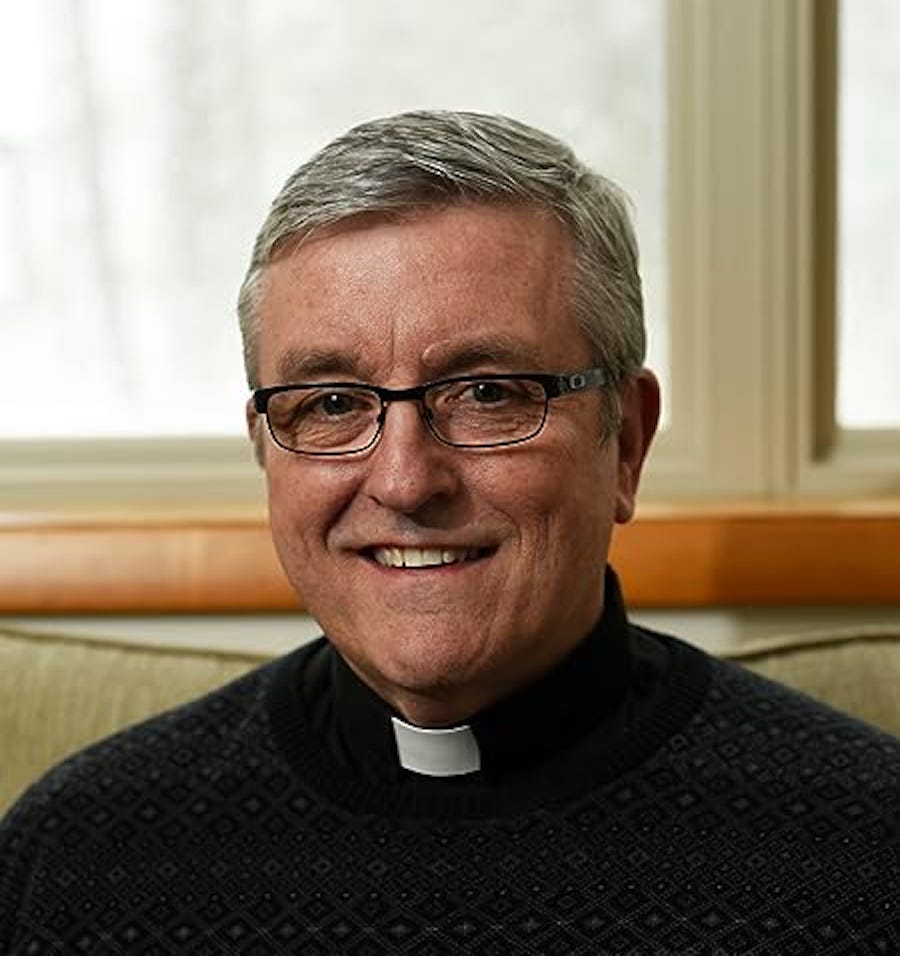Michigan priest allegedly stole $800k from elderly priests
Fr. David Rosenberg of the Lansing diocese will face a criminal trial in November
A Michigan priest will be in court this fall, facing charges that he stole some $830,000 from elderly priests he was allegedly helping to care for — one of whom was on his deathbed.
Fr. David Rosenberg has pled not guilty to three counts of embezzling from “vulnerable adults,” and multiple counts related to fraud. …

